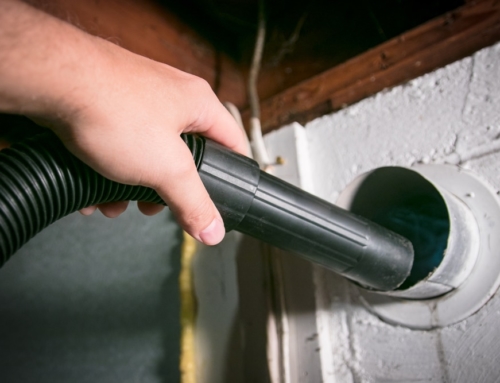With Americans planning to spend more than $150 billion on home improvement projects this year, sales of aspirin will no doubt rise to record levels.
Those headaches are typically caused when the dream renovation you imagine clashes head on with the reality that the job will probably cost twice as much and take twice as long as you planned.
So how do you sail through your renovation intact? Here are a few simple things you can do to survive your next home improvement project.
Plan Ahead- When my husband and I started planning our major renovation, it took three years to work through the ideas we had, sort through the magazines images we’d clipped, and get it all down in a workable drawing that wouldn’t bankrupt us. That’s when we called in our contractor.
This fall, we’ll build out our basement, a project we’ve been talking about for the past two years. In fact, we started planning for this basement build-out when we built our addition. At that time, we laid out the general design of the finished basement, and roughed in plumbing for a bathroom.
Making plans in advance can be difficult because it requires you to commit to a specific design and layout. You have to make thousands of decisions ahead of time, including choosing your tile, appliances, wall color, door knobs before demolition begins.
The payoff is a savings of time and money. Because you’ve made decisions ahead of time, when the crunch of construction begins, you’re free to focus on the daily progress, and whether things are being built according to plan. You’ll save money because there will be fewer changes, which means no expensive change orders.
Buy in stock items- There are two kinds of homeowners in this world: Those who feel there’s only one particular style and brand of cabinet that they will be happy living with and those who know there are a variety of cabinets that can be used to create a beautiful kitchen.
If you fall into the first category, get out there early and shop to your heart’s content. But either way, once you commit to a cabinet, it can take as long as 12 to 16 weeks for delivery – longer if you’re order custom-made cabinets from a hard-to-find wood. Don’t tarry when it comes to making the final decision.
Sticking to deadlines is an important way to remain sane during a renovation. Choosing in-stock items or items that can be delivered within a few weeks is one way to make sure your renovation doesn’t go out of whack. If you find out that your favorite tile will take 20 weeks to be delivered, choose something that can be delivered within the week. The same is true for bathroom vanities, mirrors, and kitchen appliances.
Put it in writing. A handshake is great between friends over dinner. It has no place in a real estate or home improvement contract.
If you want everything to go smoothly, you have to negotiate the finer points of the deal with your contractor or subs ahead of time. Be specific in spelling out when the work will begin and end, when the money will get paid, what appliances, cabinets, tile, paint, and wallpaper will be used, and other details. Preprinted contracts tend to favor the contractor, not the homeowner. Instead, hire a real estate attorney to modify a preprinted contract or draw one up that protects you.
If there are other changes during construction, be sure to fax any change orders to the contractor’s office, or present the contractor with a type-written copy of your request. Make sure you and the contractor discuss the change and are both completely clear about what needs to be done.
What you’re doing is creating a paper trail that will help should you have trouble with the contractor down the line.
Stay on top of the money. Just because you’re paying a contractor doesn’t mean you shouldn’t know what things cost and how the money is being spent. Many contractors allow homeowners to purchase their materials, including paint, wood, nails, appliances, and tile. If you do this, you’ll know exactly what is being spent on what.
If you are going to do time and materials, understand that the contractor needs to make a profit. Some contractors charge you a percentage of the materials plus labor. Others just take 20 percent of the value of the job as profit. Either way, understand ahead of time how everyone is being compensated and how the cash is being spent.
That way, should something go wrong, you won’t be surprised. In fact, you may see it coming before the contractor does.
Be nice to your crew. The people who work on your home are professionals. It goes without saying that you should treat them cordially and with respect.
But a few extra steps goes a long way. Brewing a fresh pot of coffee, providing the occasional sweet roll or donuts, or making sandwiches once in awhile can help lighten the atmosphere and help your crew understand how much you care about the renovation.






Leave A Comment